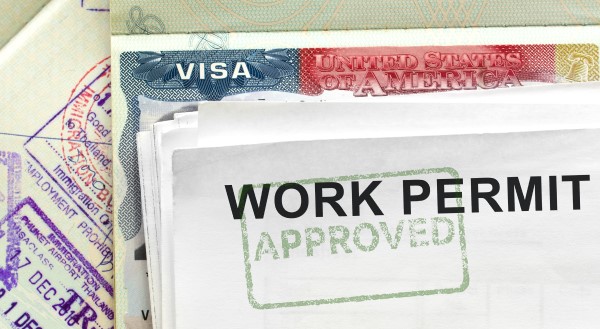+91 8247764749
Europe Work Permit
- Eostreoverseas
- Europe Work Permit


Europe is a continent with many different countries, each having its own immigration policies and regulations for work permits. Therefore, there is no single “Europe work permit” that applies uniformly to all European countries. Instead, work permits in Europe are issued on a country-by-country basis, and the requirements, procedures, and eligibility criteria vary depending on the specific country where you intend to work.
Here are some general points to consider regarding work permits in Europe:
EU Blue Card: Some European countries offer an EU Blue Card, which is a residence and work permit for highly skilled non-EU/EEA workers. To obtain an EU Blue Card, you typically need to have a job offer in an occupation that meets certain skill and salary thresholds.
Employer Sponsorship: In many European countries, non-EU/EEA citizens need a job offer from a local employer who is willing to sponsor their work permit application. The employer may need to demonstrate that there are no suitable candidates from within the EU/EEA available for the position.
Intra-Company Transfer: Some European countries have provisions for intra-company transfers, allowing employees of multinational companies to be transferred to a branch or affiliate within the country. This often requires working for a specified period within the company and meeting certain criteria.
Seasonal Work: Some European countries have specific work permits for seasonal and temporary work, often in industries like agriculture or tourism.
Student Work Permits: In certain countries, students on a valid study visa may be allowed to work part-time during their studies.
Post-Study Work Options: Some European countries offer post-study work opportunities for international students who have completed their degree programs.
Schengen Area: It’s important to note that the Schengen Area, comprising many European countries, allows for visa-free travel between member states for short-term stays (typically up to 90 days in any 180-day period). However, this visa exemption generally does not grant the right to work in the Schengen Area.
Given the diversity of immigration policies across Europe, it’s crucial to research and consult the official government websites of the specific European country where you wish to work to get accurate and up-to-date information on work permits, visa requirements, and other immigration-related matters.




